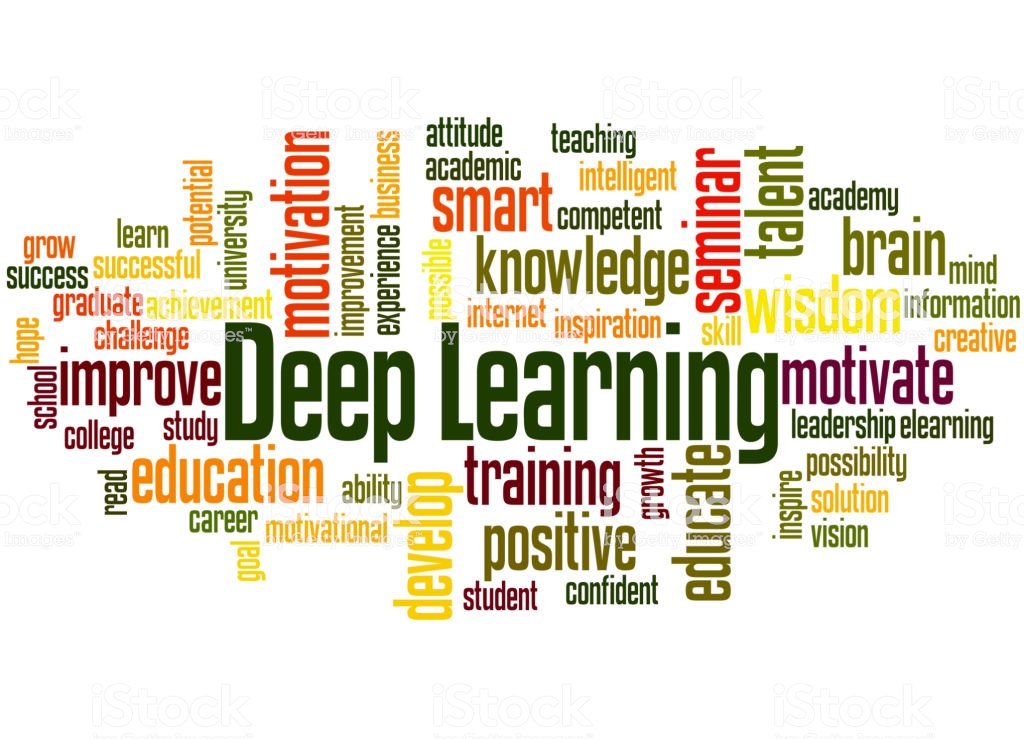New quarter starts, and welcome to ECS 189G on Deep Learning.

ECS 189G Deep Learning
Date: Jan 9-March 17, 2023
Time: T/R 10:30-11:20 AM
Venue: Young Hall 184
Instructor: Jiawei Zhang
Email: jiwzhang[AT]ucdavis.edu
Office: Zoom Link to Join
Office Hours: 12:15-1:15PM (Tuesday)
TA #1: Qingyang Teng (Q&A, Project)
Email: qteng[AT]ucdavis.edu
Office: Zoom Link to Join
Office Hours: 3:00-4:00PM (Thursday)
TA #2: Xinhao Xiang (Q&A, HW, Exam)
Email: xhxiang[AT]ucdavis.edu
Office: Zoom Link to Join
Office Hours: 4:00-5:00PM (Friday, Week 2 - 6)
TA #3: Xiao Liu (Q&A, HW, Exam)
Email: xioliu[AT]ucdavis.edu
Office: Zoom Link to Join
Office Hours: 4:00-5:00PM (Friday, Week 7 - 10)
Do you know how the recent Turing Awards were given to the deep learning field? For what contributions? Deep learning is one of the hottest topics and technology with edge-cutting applications in various areas currently, e.g., search engine, e-commerce, self-driving vehicle, robotics, gaming, and highly like the coming metaverse. What breakthroughs turned the rather mathematical idea into reality? What are the classic milestones that pioneered and shaped the landscape of the deep learning field? What are the state-of-the-art methods just coming out yesterday? Do you know that, although deep learning has been widely used in our real-life products and services now, researchers are even more fascinated by general deep learning issues? The new challenges naturally arise in the junction of deep learning vs class machine learning, deep vs shallow, general-purpose AI vs expert system, even human vs robots, and many more novel contexts. What are the current topics and future agenda? To build the essential foundation as a stepping-stone to deep learning research, this course exposes students to various deep learning concepts, methods, and applications. We will broadly explore the classic as well as more recent research work.
Required textbook.
Recommended textbook.
Students should come with good programming skills. ECS 060 or ECS 032B or ECS 0036C or equivalent courses are required. If you are not sure whether you have the right background, please contact the instructor. Note: We will not cover programming-specific issues in this course.
The course is lecture-based with two examinations (one midterm and one final). There are individual assignments and a group-level programming project. In order to encourage attending classes and participating in discussions, there will be several in-class quizzes for students.
The course grade will break down as follows
Gemeral Policy